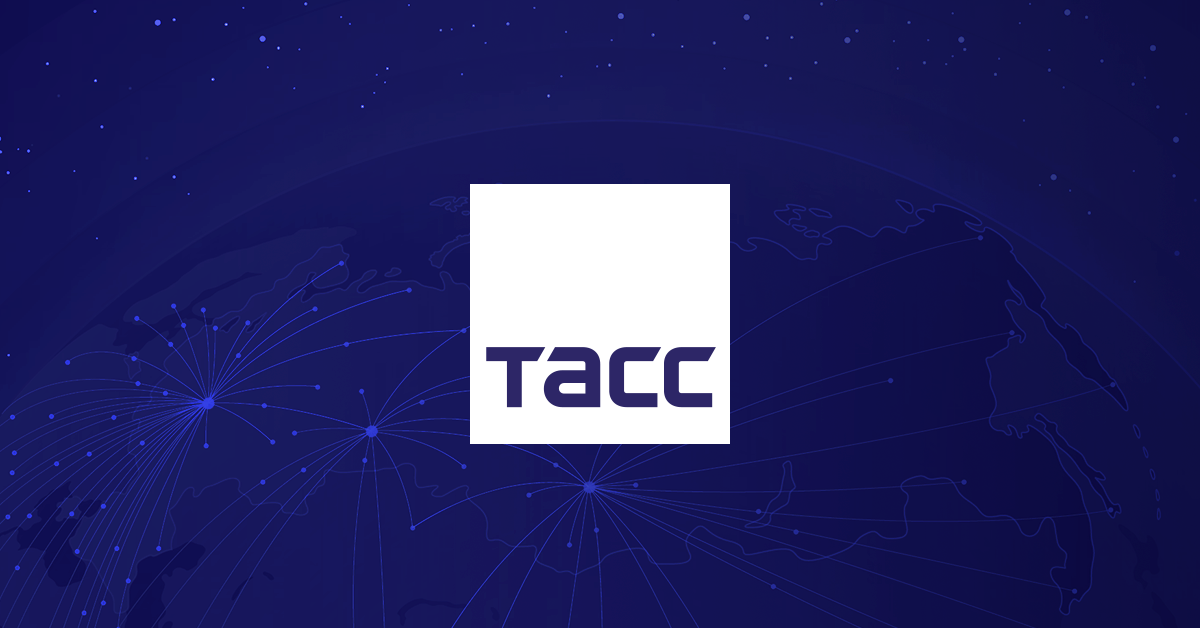This starts as a sort of normal discussion about the SMO, but I was surprised to hear a very heart-based talk develop, focused on building bridges to go beyond Russophobia. Maybe it was due to the feminine influence of the interviewer, Ania, who is asking about solutions at the level of culture and emotions. I haven't noticed many women discussing the SMO. Notes:
- Can the Polish government even contribute to the larger conflict? They have no more weapons, almost everything has been given away, and few people want to fight.
- Anyone who studies Russian doctrine knows that Russia doesn’t initiate offensive operations. Their defence absorbs attack and responds afterwards. Poland doesn’t have military capability to move against Belarus.
- Supreme Allied Commander of US forces in Europe gave a presentation in Sweden in January where he admitted that the scope and scale of this conflict is beyond our imagination. So the war is unthinkable to them now. He is an American General speaking about the best troops in NATO, and he’s saying Americans won’t survive on that battlefield. Polish officers are not insane, they are professional – and they won’t get themselves involved in a joint Russian-Belarussian force, which would easily grind all the way to Warsaw.
- Any conflict force coming from Poland would be small arms, in other words, cannon fodder. Some insane Poles may attempt an attack, or they may be forced into such a situation.
- Is Kiev the next Berlin? Will Russia take Kiev? It is possible, but there is no way to tell what the Russian General Staff think. There is definitely contingency planning for taking Kiev, but whether they will or not depends on realities of the battlefield. The main aim is to cull the mobilization potential of Ukraine, ie. physical annihilation of the army. Clausewitz: the main aim of war is to compel the enemy to do our will.
- So long as the Russian government believes that keeping the Ukrainian regime intact can contribute to a negotiated settlement, the regime (not necessarily Zelensky) will continue to operate. They may threaten Kiev to force a settlement, but there’s no reason to get involved in an urban fight in the midst of millions of people and destroy a city that is central to Slavic culture. They will most likely continue with the meat grinder.
- Russia’s long term goal goes beyond the defeat of the regime in Ukraine. Eventually they will be seeking a new European security arrangement.
- Russophobia has been built over many years and generations to divide and conquer. Very important to build bridges and connect people. How long will it take to lessen the Russophobia to the point it is no longer any threat?
- Americans generally have little Russophobia, it is mostly in the elites. We are in a systemic crisis of Western civilization as a whole – no one knows where it will go. There may be a new cycle of elites, then Russophobia will be tamed somewhat, and some degree of realism. That may be good enough to build new security and diplomatic framework. Russians are done with this American administration and those in Europe – but may talk to new elites. There are some realists currently in the Republican party, and some in Europe – the worse the political and economic conditions get, the more chances a wildcard will show up. Perhaps someone like a Putin will show up out of nowhere in the West.
- Time isn’t on our side; this is a generational issue. An American elite must be re-trained, and there must be an impetus to do so. Either they will be shocked to do so through fear, or by a push from below. Anyone coming up through Stanford is mentored by McFual – elites are injected with the Russophobia disease with their education. There needs to be a shock for this to change, but that shock may destroy America instead.
- Without an arms control agreement, there will be a new arms race, and because of Russophobia, there may be mistakes, leading to nuclear conflict. Ritter functioned his younger days as a marine who wanted to kill Russians, he was fully indoctrinated. Then he got sent to the Soviet Union as a weapons inspector. It took him 6 months, but on a magical evening on New Years the fog was lifted from his eyes as he was invited into someone’s home, and the urge to kill disappeared.
- Arms control can shortcut the program. It can shortcut the nuclear war threat and the Russophobia that drives it because it requires each side make agreements that mutually assure survival of their loved ones.
- It does not take much to build bridges – simply a willingness to connect with another person. Many became very attracted to Russia once the travel sanctions began. Ania was one of them, traveling from Poland, and appreciated her time there.
- People are also similarly programmed against China. Ania mentioned that she would like to go there.
- Apparently Raegan watched a Soviet WW1 film called ‘Moscow Doesn’t Believe in Tears’ – apparently her discovered the humanity of Russians in this film.







